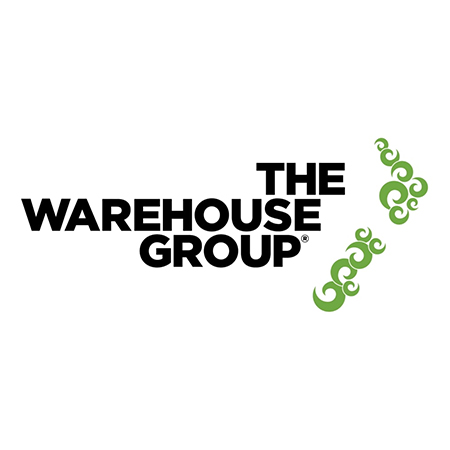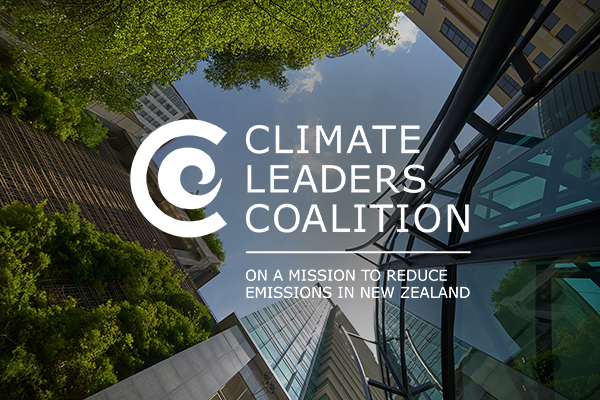DB Breweries is reducing its annual carbon emissions by 184 tonnes with a new fleet of electric forklifts.
The fleet replaces existing LPG-powered forklifts at DB’s two largest production sites, Waitemata Brewery in Auckland and DB Draught Brewery in Timaru. The carbon reduction equivalent to 350 return flights between Queenstown and Auckland.











